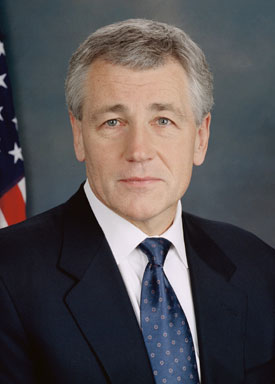I would have probably waited a year to buy Cormac McCarthy's latest novel,
The Road -- that's roughly the amount of time after the hardcover is released that the trade paperback comes out -- but a friend gave me the book as a gift today. McCarthy is arguably America's greatest living writer, and to date I've read six of his books, including
Blood Meridian, which many choose as his finest work.
The first of what McCarthy calls "The Border Trilogy," -- his 1992 novel
All the Pretty Horses -- is when I, like many readers, first heard of him. That book spent time on the bestseller list, won several awards and was eventually made into a film. That popular hubbub is atypical for McCarthy, who writes dense prose that sounds Biblical in tone and is reminiscent of Melville and Faulkner. His books are also quite bloody. I remember picking up his previous novel,
No Country for Old Men, and reading the first few pages in the bookstore before I paid and left, and in those opening lines three characters had already died.
McCarthy is now 73 and
The Road is his tenth novel. It came out just a year after
No Country, which is odd for a writer whose books were often six or seven years apart. It has been described as "post-apocalytic," and one gets the impression that it may be the man's final work. McCarthy surely is not for everyone, but to my knowledge there is no one writing in America today who uses words the way he does.
 Shame on City Councilor Michael Ross for using his office to get about $1,000 in parking tickets dismissed. Ross, who represents Beacon Hill, the Back Bay and the Fenway, now has to pay the State Ethics Commission a fine of $2,000 in addition to the $1,000 in parking fines. Crime doesn't pay, boys and girls. (Well, sometimes it does pay: There are another 70 tickets that were waived and that Ross doesn't have to pay back because he was on "official business." I'm sure that standard is applied quite liberally.)
Shame on City Councilor Michael Ross for using his office to get about $1,000 in parking tickets dismissed. Ross, who represents Beacon Hill, the Back Bay and the Fenway, now has to pay the State Ethics Commission a fine of $2,000 in addition to the $1,000 in parking fines. Crime doesn't pay, boys and girls. (Well, sometimes it does pay: There are another 70 tickets that were waived and that Ross doesn't have to pay back because he was on "official business." I'm sure that standard is applied quite liberally.)









